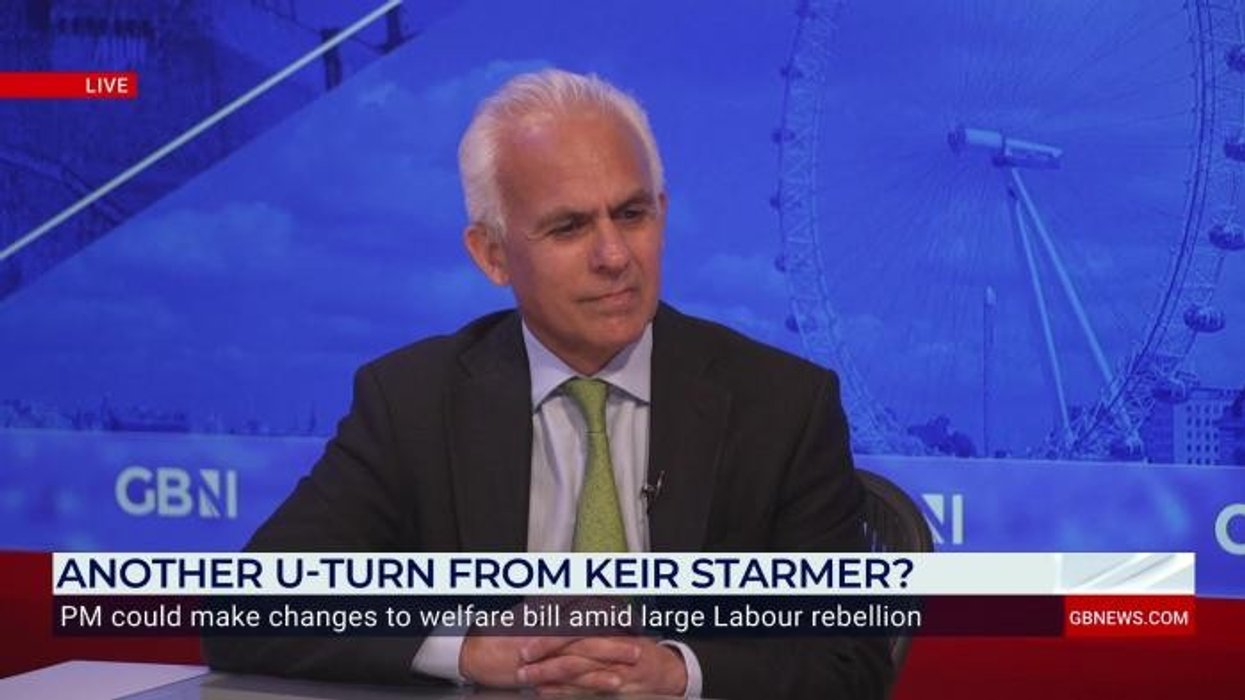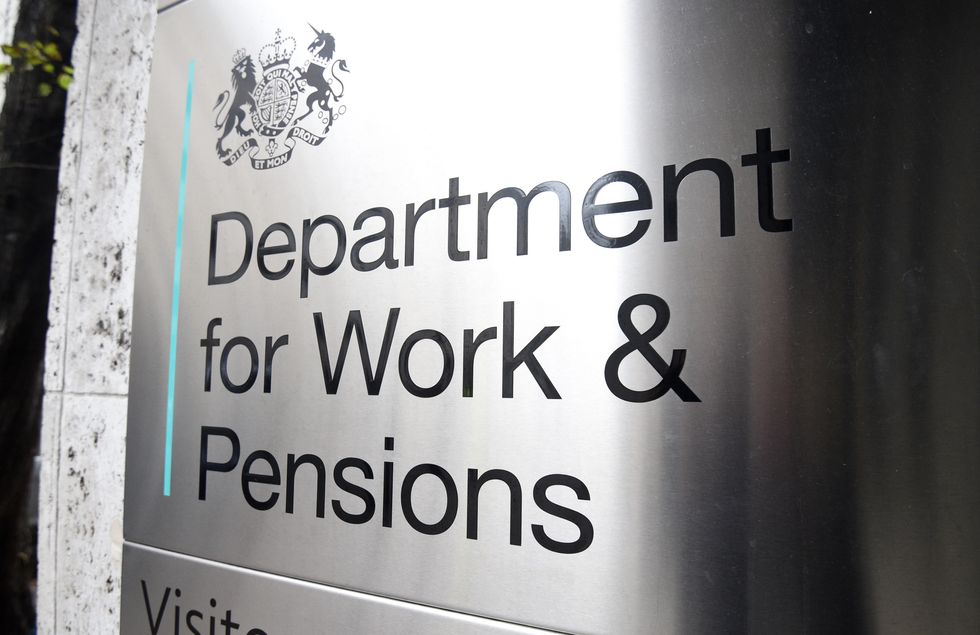PIP claimants could see payments rise to almost £800 a month under DWP inflation lock

Ben Habib rages at 'egregious' welfare payments |
GBNEWS

The Department for Work and Pensions has confirmed that PIP payments will rise
Don't Miss
Most Read
Latest
Millions of disabled people across Great Britain will see their benefits increase to almost £800 monthly when the government implements planned rises to Personal Independence Payment in April 2026.
The Department for Work and Pensions has revealed that recipients of the highest support tier could receive £778.20 every four weeks, representing an additional £28.40.
The uplift will affect more than 3.7 million individuals who depend on PIP to manage extra expenses linked to disabilities or chronic health conditions.
Officials have calculated the adjustment using July's Consumer Prices Index inflation figure of 3.8 per cent, though final amounts await August and September data.
A spokesperson for the DWP confirmed the yearly adjustment process aims to align disability benefits with increasing prices.
They said: "This increase is part of the government's annual uprating process, which aims to ensure that disability benefits, including PIP, reflect the rising cost of living."
The department emphasised that the rises form part of efforts to protect vulnerable citizens from being "left behind" during periods of financial pressure.
 Legal experts are warning over the potential consequences resulting from the changes to PIP | GETTY
Legal experts are warning over the potential consequences resulting from the changes to PIP | GETTY Whilst July's inflation data provides the basis for calculations, authorities will incorporate figures from August and September before finalising the exact benefit amounts.
The increases acknowledge that disabled people face disproportionately high expenses for specialist equipment, care provisions and support services.
PIP comprises two elements that address different aspects of disability support: Daily Living and Mobility components. Payment levels vary according to how significantly a person's condition impacts routine activities like meal preparation, movement or maintaining personal hygiene.

PIP comprises two elements that address different aspects of disability support
| PAIndividuals must show their challenges will continue for a minimum of nine months to meet eligibility criteria. Scotland operates a comparable programme called Adult Disability Payment, which assists approximately 476,200 people.
Government representatives describe the benefit as an essential support system for numerous recipients.
The uprating mechanism ensures disability payments maintain their value against inflation, providing crucial financial stability whilst economic pressures persist.

The DWP maintains that matching payments to inflation will "support those most in need" and deliver vital financial security amid ongoing economic volatilitY
| GETTYRecent data from the Office for National Statistics indicates that whilst inflation has decreased from previous peaks, essential goods remain costly. This particularly impacts disabled individuals who require mobility aids, professional care and specialised support.
The DWP maintains that matching payments to inflation will "support those most in need" and deliver vital financial security amid ongoing economic volatility. The benefit functions as an indispensable resource for millions navigating additional disability-related expenses.
Scotland's Adult Disability Payment scheme provides similar assistance to its 476,200 beneficiaries, ensuring comprehensive coverage across Britain for those managing long-term health conditions and disabilities.
More From GB News










